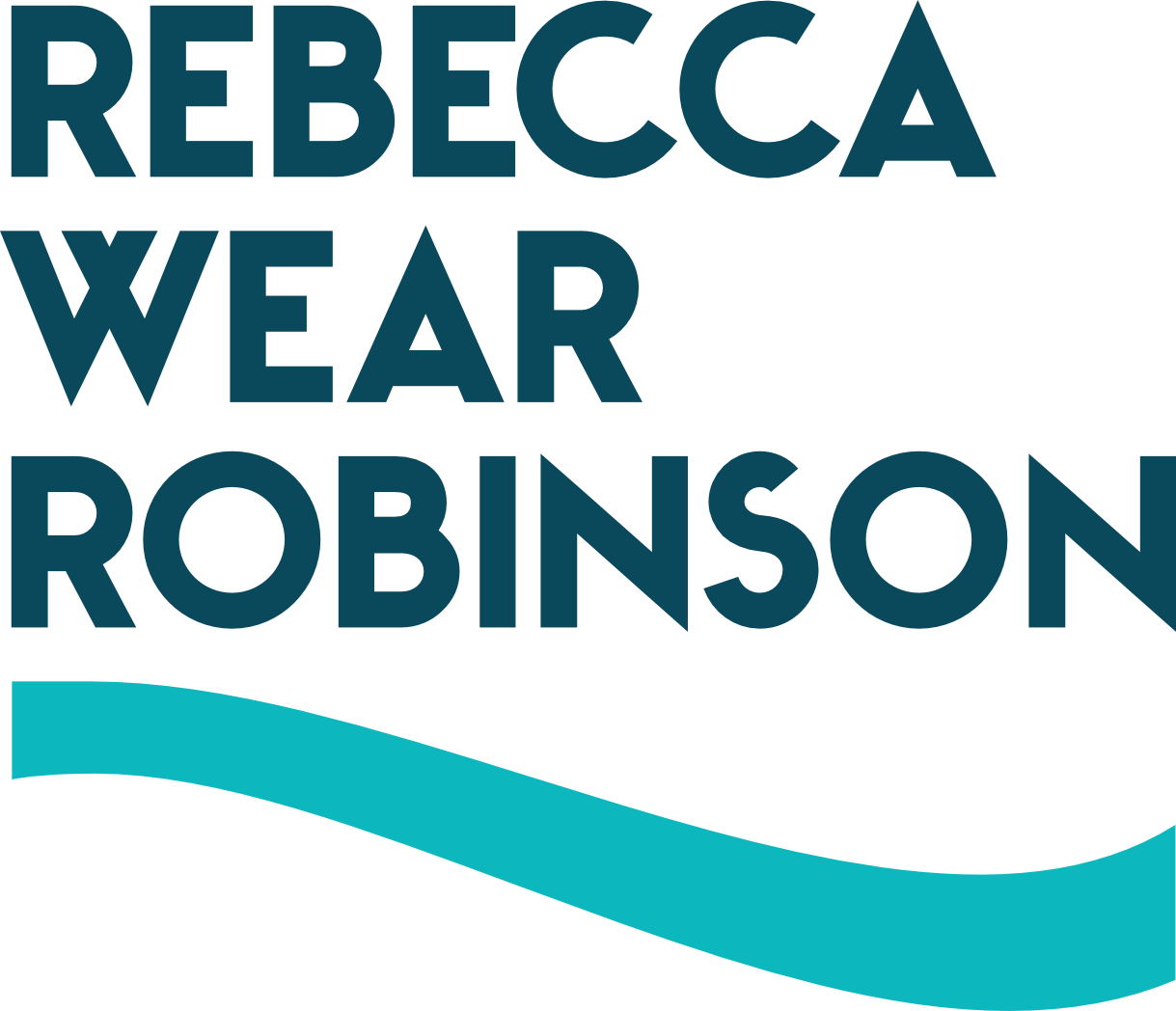You say toe-may-toe, I say toe-mah-toe.
Communicating when separated by a common language.
I say ‘protect the environment’, you say ‘conservation’. Same thing, right? Technically it is the same thing. When surveyed, most of the world’s population believes in clean air, clean water, keeping animal species from becoming extinct, and generally protecting our natural resources. In 1989, in the U.S., a Gallup survey found that 76% of Americans considered themselves to be “strong” environmentalists. In a 1994 survey, only 2% declared themselves unsympathetic to the environment.
If the vast majority of people want to protect the planet we live on, why do we have such a hard time finding common ground?
How, according to the UN, have we reached the stage of ‘code red for humanity’?
We wasted decades debating whether it was global warming or climate change. We were subjected to lawmakers bringing snowballs to Congress to prove that nothing was changing, nothing to see here, burn that oil, burn that coal - even though the oil and gas industry recognized the danger of, and contribution to, climate change 40 years ago.
Part of the reason we can’t get figure out how to act together to address big problems is that we are separated by a common language. A fascinating study in 2016 looked at what language appeals to either conservatives or liberals. Bottom line - liberals respond more to a message of “show your compassion” and conservatives respond more to a message of “show your patriotism”. Same issue, same belief that the Earth needs to be protected, but those who benefit from fueling culture wars use incendiary language to make it seem as if we are far apart in our belief systems, rather than simply using different words for the same outcome.
We are seeing the same dynamics play out, to devastating effect, with the pandemic, vaccines, and masks. Do we appeal to individual responsibility or collective responsibility? Do we suggest that vaccines are critical or optional? Are masks a life-saving intervention or an assault on individual rights?
Saving humanity is, with no exaggeration, dependent on our figuring out how to talk each other’s language.
Whether you are working on big issues like climate change and the pandemic, or any other issue where you need attitudes and behaviors to change, look at the language you are using. Do you need to adapt your language so that others can actually hear you? Here are some tips for communicating to everyone:
1. Test your language.
If you can afford focus groups to test your messages on a diverse audience, especially an audience which is resistant to your change, it’s a good use of your resources. If you don’t have the money, identify which groups are resistant and see if research exists in other fields for tips on how to adapt your approach. Look at this study about communicating to liberals or conservatives and look at the words they use.
2. Know your enemy, and turn on them.
When it comes to COVID-19 false or misleading information, we are being manipulated by 12 people. That’s right, you read that correctly, 12 people. Shame has been used effectively for thousands of years to maintain social order. I’m guessing that the trolls and hackers aren’t going to be affected much by shame, but if someone is holding tight to beliefs that are scientifically wrong, try pointing out the real enemy is some scuzzy scammers in a dark basement either being paid by dark money, or just trying to mess us up because they can. Turn public opinion on the real enemy.
3. We are all in this together.
Peer pressure and wanting to be part of a community are some of the strongest tools we have. Not the negative peer pressure, but the positive, the desire to keep a community working. If we think ‘everyone is doing it’, we are likely to do it too, even if we don’t want to. Everyone thinks college students binge drink, so students feel pressured to binge drink, to drink at all. But if you survey them, most students don’t binge drink and most don’t like having more than one or two beers, if that. One university in Arizona did a big blitz on campus with those results and found that binge drinking dropped substantially, as measured by police and medical reports. Sometimes just making people aware that others do believe that vaccines are good or that global warming is happening can be enough to start changing minds.
These tips apply to any social change issues, but today’s news on climate change puts everything else in a different perspective, because if we don’t address climate change, we may not have a chance to fix other problems.
I don’t know about you, but the message from the UN today, that we are out of time when it comes to changing our behavior to save ourselves (because Mother Earth will be fine, eventually, it’s just the human race that may not do so well), well, it doesn’t make me want to have a better argument, a superiority in my beliefs, a sense of frustration that ‘they just don’t listen’, it makes me want to understand that whatever it takes to reach people.
It reminds me that to create positive change, I need to adapt my words, my messaging.

